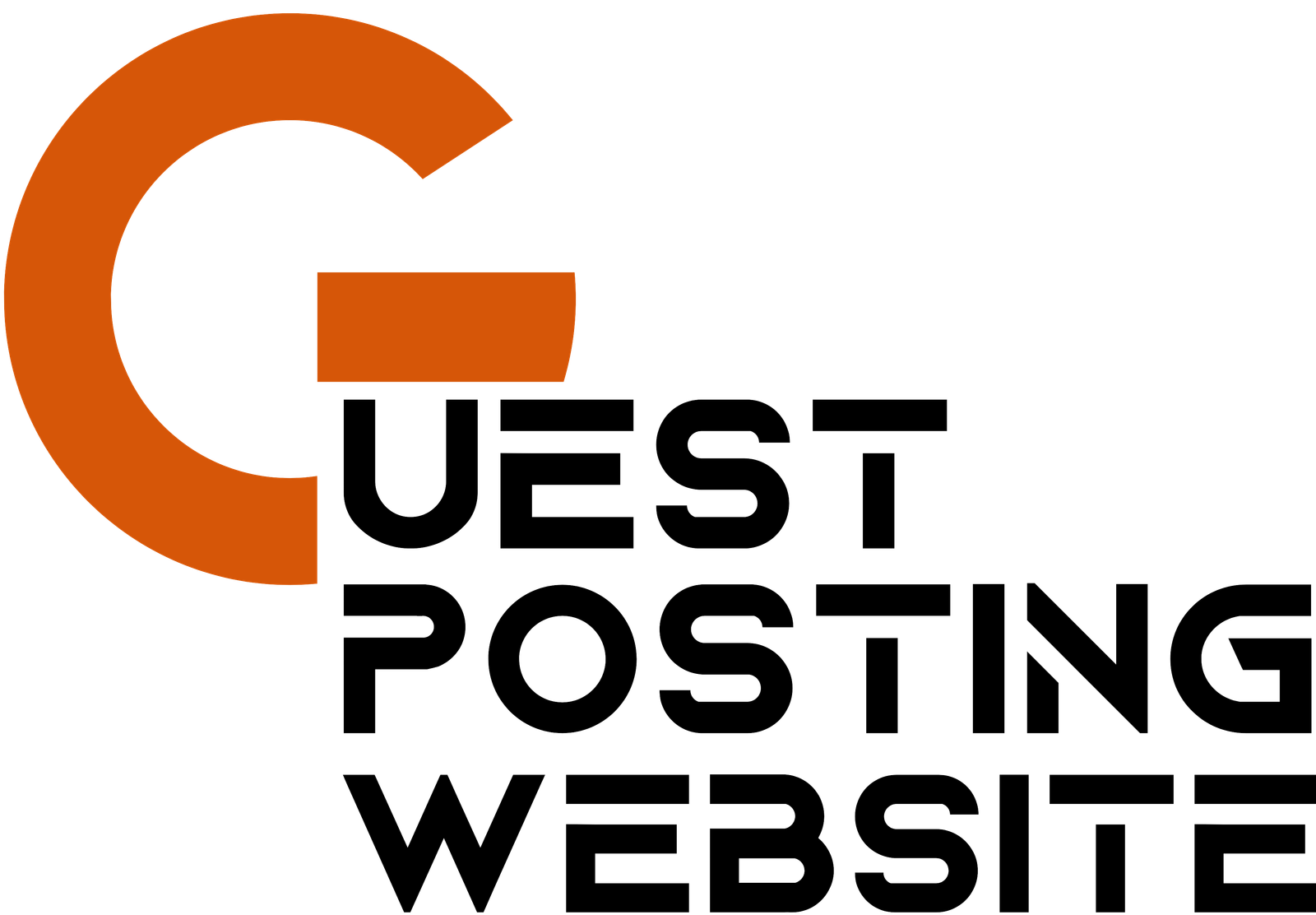What Every Quality Manager and Compliance Officer Needs to Know about ISO Training
What is ISO Training and Why Does It Matter?
If you're a Quality Manager or Compliance Officer, chances are you’re already well-acquainted with ISO standards. But here’s the thing—just knowing the technical details isn’t enough. You need to really understand the ins and outs of ISO training to ensure your organization meets the highest standards. ISO isn't just a checklist; it's a mindset. And trust me, mastering it can elevate not just your processes but your entire company culture.
In this article, we’ll walk you through everything you need to know about ISO training—from the basics to the nuances that can make a big difference in your work. Ready? Let’s get into it.
What is ISO Training and Why Does It Matter?
You’ve probably heard of ISO (International Organization for Standardization) in passing, but what does it really mean for your day-to-day operations? ISO training is designed to familiarize you with the standards that ensure your company meets specific industry criteria related to quality, safety, and efficiency.
Take a second to think about it: ISO standards aren't just about ticking off boxes. They’re about creating a structure where consistency, quality, and efficiency are embedded into every process. When you undergo ISO training, you're not just learning about a set of rules; you’re learning how to implement a system that streamlines operations and ensures regulatory compliance. And we all know that regulatory compliance is no joke—get it wrong, and you risk more than just a slap on the wrist.
But, let me ask you this: Can you afford to overlook the importance of having standardized procedures? The answer is simple—no. And that's where ISO training comes in.
Why ISO Training is Essential for Quality Managers & Compliance Officers
So, why should you, as a Quality Manager or Compliance Officer, put in the effort to understand Training ISO at a deeper level?
-
Better Risk Management: ISO helps identify potential risks within your organization. By understanding ISO standards, you can better mitigate those risks and avoid costly mistakes.
-
Consistency Across Teams: It ensures everyone in the organization is on the same page. No more wondering if your team is following the same procedures. ISO gives you that uniformity.
-
Increased Efficiency: When you know the standards that govern quality and compliance, you can streamline processes, cutting out inefficiencies and ensuring smoother operations.
ISO 9001: The Gold Standard for Quality Management
If we’re going to talk ISO training, we can’t leave out ISO 9001. This standard, specifically for Quality Management Systems (QMS), is one of the most widely recognized and sought after. And let’s be real, when your company gets certified under ISO 9001, it’s like receiving a badge of honor. But how do you get there?
ISO 9001 is all about ensuring quality management processes are consistently met. This involves things like:
-
Customer focus: Understanding customer needs and exceeding their expectations.
-
Leadership: Clear leadership that defines roles and responsibilities.
-
Engagement of people: Ensuring everyone in the company is involved in the QMS.
-
Process approach: Organizing activities into processes that can be improved over time.
But the reality is, it’s not just about reading a manual and checking boxes. ISO 9001 encourages a culture of continuous improvement. It pushes your team to think beyond today and make incremental improvements that add up in a big way.
Now, here’s a question: What happens if you don’t stay on top of your ISO 9001 processes? Well, the results might not be pretty. If your quality management system isn’t regularly evaluated, the entire certification process loses its credibility. And let’s face it, without credibility, what’s the point?
Key Steps in ISO Training: What to Expect
Before you roll up your sleeves, let’s break down the essential steps involved in ISO training. It’s not something you can just breeze through; it’s a process that requires patience and commitment.
1. Understanding the Basics:
This is where you’ll familiarize yourself with the ISO standards and how they apply to your industry. ISO 9001 is often the starting point, but there are other standards (like ISO 14001 for environmental management or ISO 45001 for occupational health and safety) that might be relevant to your role.
2. Internal Auditing Training:
A key part of ISO is performing internal audits. You’ll need to understand how to conduct an audit, analyze your organization’s processes, and identify areas for improvement. This can feel overwhelming, but trust me, it's all about making sure your company is as efficient and compliant as possible.
3. Documentation and Record Keeping:
ISO standards place heavy emphasis on documentation. Training will teach you how to maintain records that prove compliance and can stand up to any external audits. In essence, ISO training makes you a documentation pro. You’ll be able to produce the right documents at the right time with minimal stress.
4. Continuous Improvement:
ISO training isn’t just about the here and now; it’s about what happens next. Once you’ve implemented the standards, you’ll be trained to continuously improve your processes. The ISO framework encourages a constant feedback loop. Think of it as a perpetual upgrade cycle for your business.
The Bigger Picture: ISO as a Cultural Shift
Here’s something many people don’t realize about ISO training: It’s not just about compliance or process improvement—it’s about culture. When your company fully adopts ISO standards, you’re building a culture of quality. Employees feel empowered to make decisions that improve their work and contribute to the company’s success.
You’ll notice that once ISO practices are in place, teams will begin to think more critically about quality and process improvement. The mindset shifts from “just doing my job” to “how can I improve this process?” And that’s the kind of growth that leads to long-term success.
Wrapping Up: Are You Ready to Take the ISO Leap?
At the end of the day, ISO training isn’t just about ticking boxes. It’s about fostering a culture of continuous improvement, consistency, and quality in every corner of your organization. Whether you’re diving into ISO 9001 or another standard, the principles you learn will stick with you for the long haul.
So, what’s holding you back? Isn’t it time to take your company’s processes to the next level?
ISO training is more than just a mandatory requirement. It’s an opportunity. The question is: Will you embrace it?
What's Your Reaction?




































































